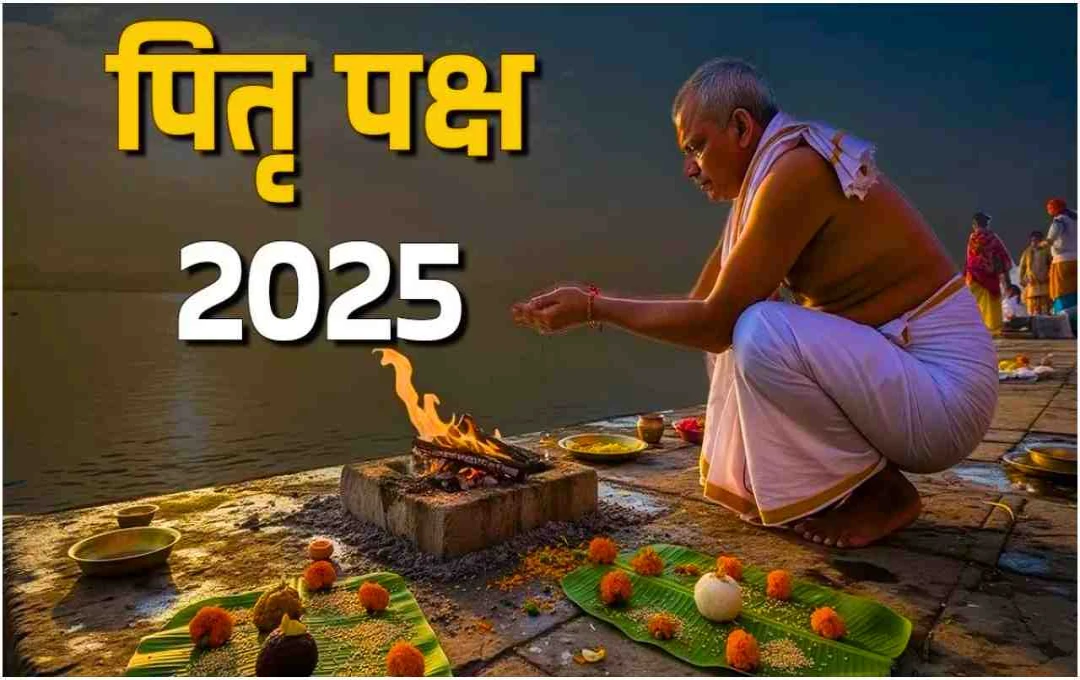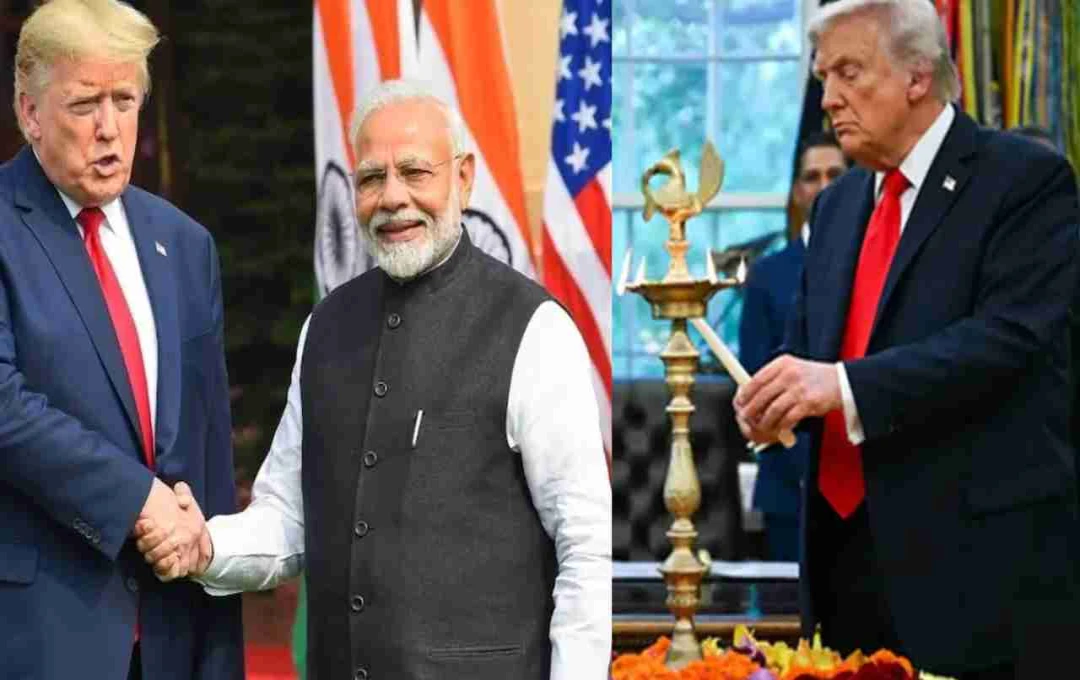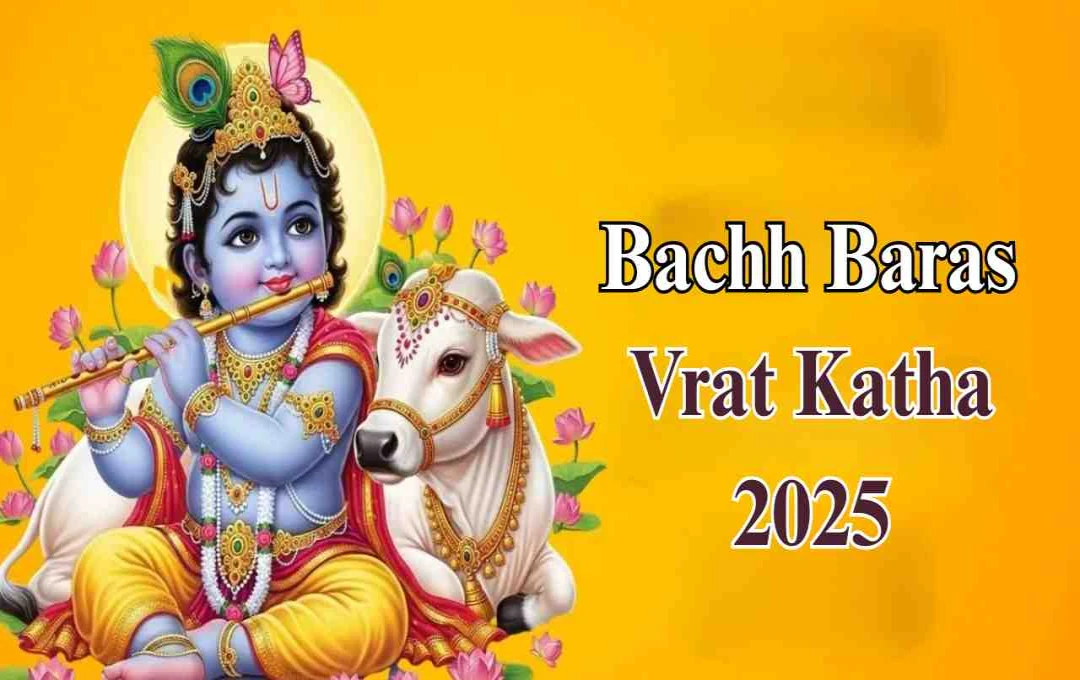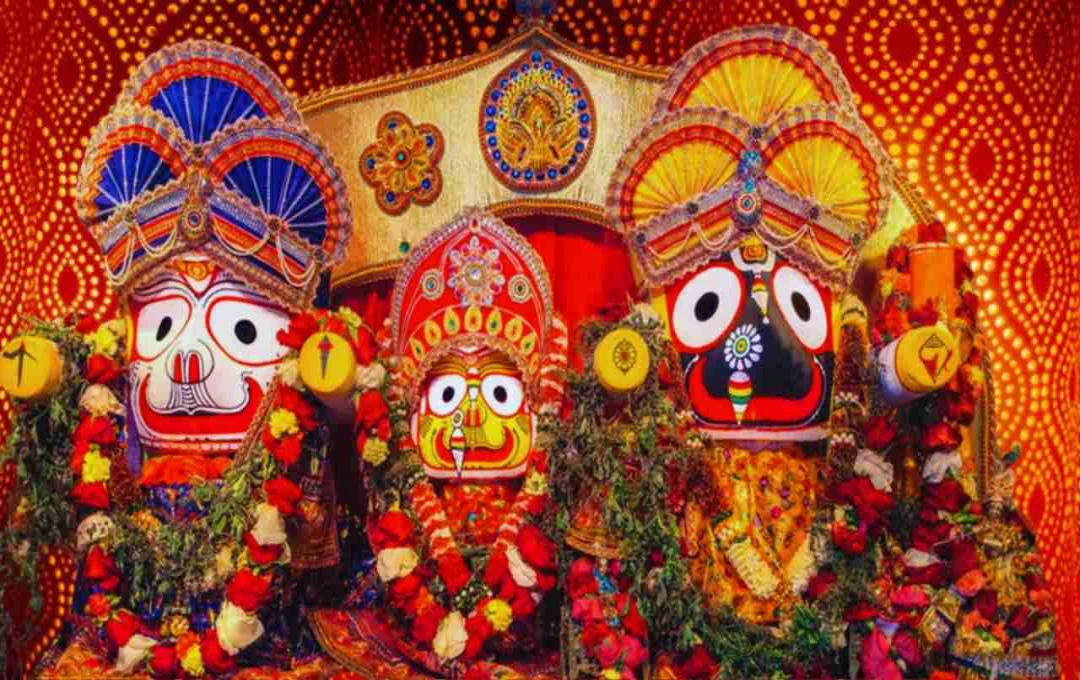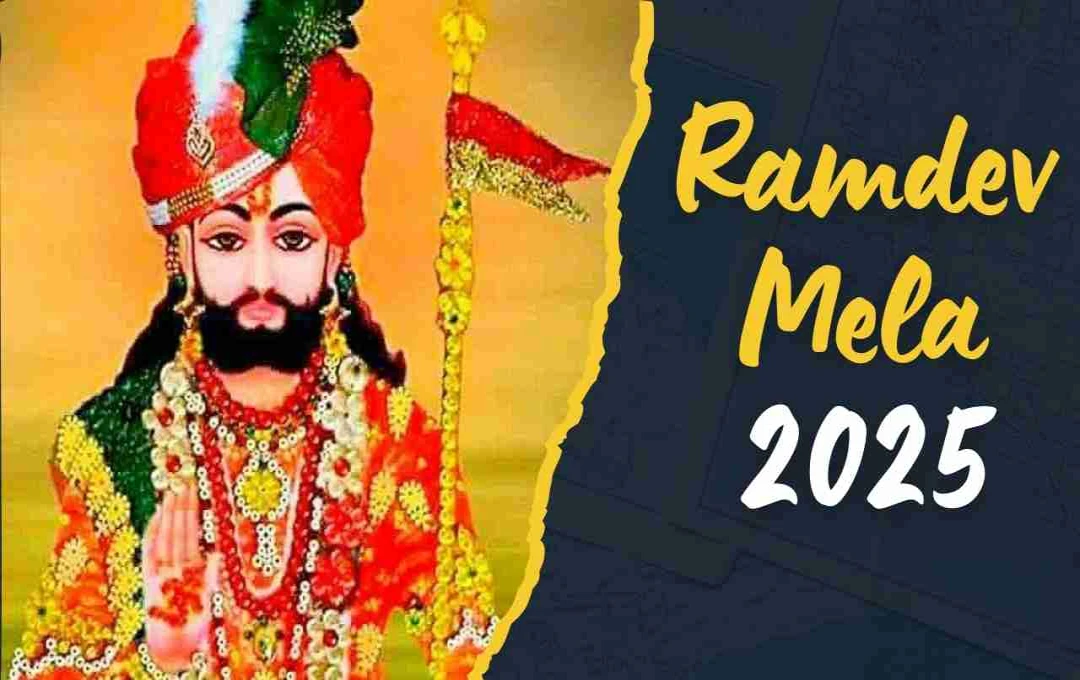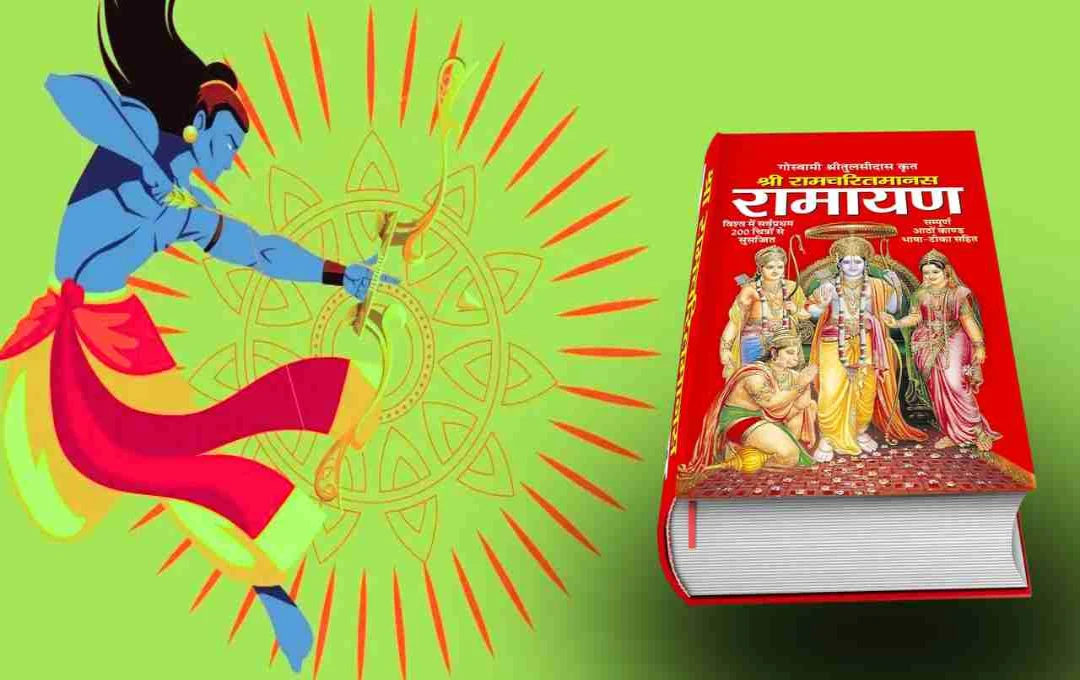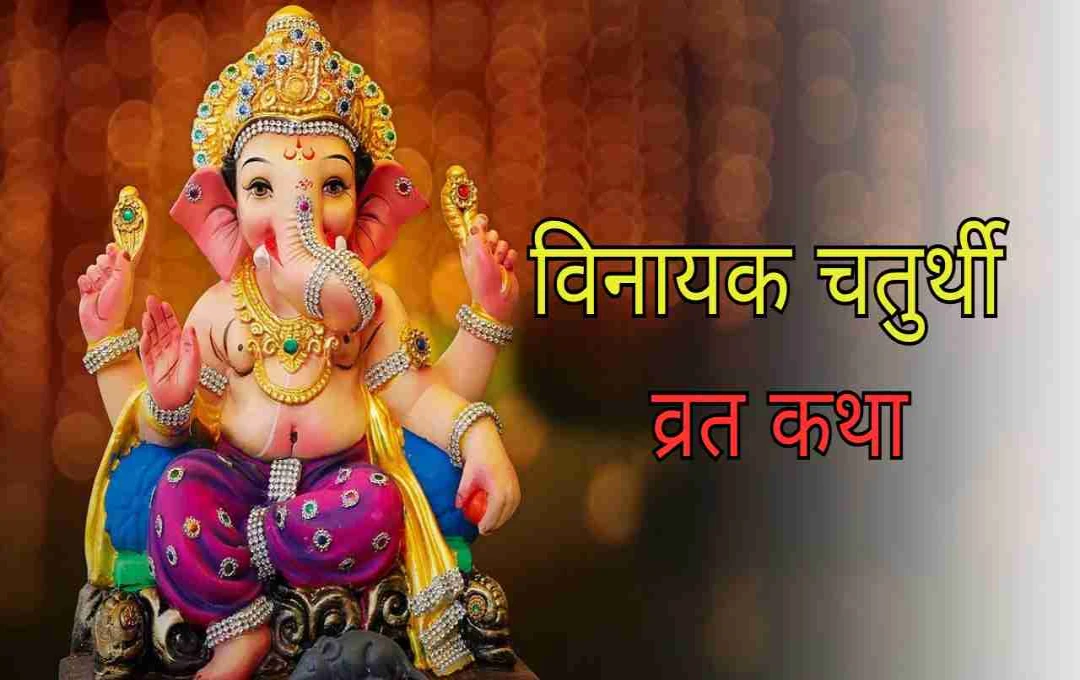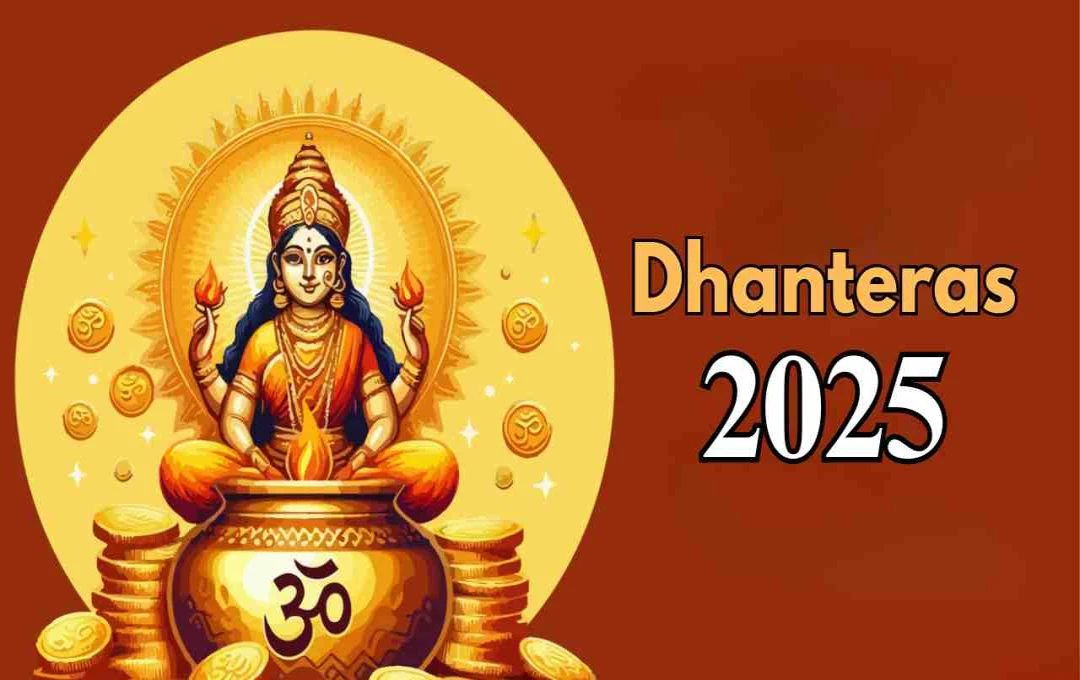Pitru Paksha 2025 begins on September 7 and will conclude on September 21 with Sarvapitri Amavasya. During this period, people perform Shraddha, Tarpan, and Pindadan for the peace of the souls of their departed ancestors. According to scriptures, in certain special circumstances, an individual can perform their 'Jivit Shraddha' (Shraddha during one's lifetime), which is considered a way to attain spiritual peace and liberation from ancestral debt.
Pitrupaksha 2025: According to religious traditions and scriptural rules, Pitru Paksha will commence this year on September 7 and conclude on September 21 with Sarvapitri Amavasya. During this time, devotees perform Shraddha, Tarpan, and Pindadan for the peace and blessings of the souls of their departed ancestors. In certain special circumstances, ascetics, renunciates, or the last male descendant of a lineage can perform Jivit Shraddha during their lifetime. The objective is to ensure spiritual peace and liberation of the soul after death. These 15 days of Pitru Paksha are considered extremely significant in Hinduism.
Shraddha Can Be Performed Even Before Death
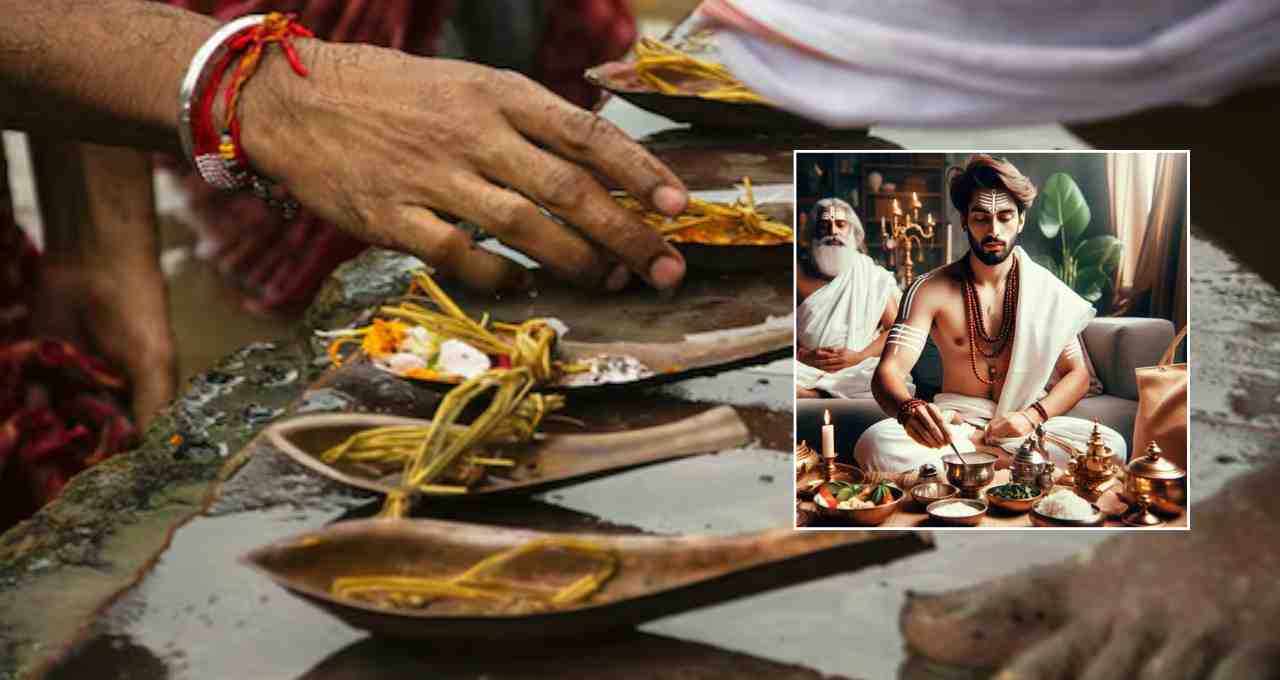
Generally, Shraddha and Pindadan are considered rituals performed only for deceased ancestors. However, there is a special belief in Hindu tradition where some individuals perform their Shraddha while still alive, which is called Atma Shraddha or Jivit Shraddha. The belief behind doing this is that the individual satisfies their soul before death, so that the soul does not have to wander after death. It is also considered a way to attain spiritual peace and freedom from ancestral debt.
What Do Scriptures Say?
The Garud Purana and Dharmashastras mention Jivit Shraddha. According to them, in special circumstances, an individual can perform Shraddha during their lifetime. It is believed that this allows the person to be free from worries about the afterlife and brings peace to their soul. However, this provision is not for everyone and is considered appropriate only in select situations.
Who is Permitted?
According to scriptures, renunciates (sadhus and saints) or ascetics (vairagis) can perform Shraddha during their lifetime. After doing so, they are considered free from domestic life and worldly attachments.
Similarly, if a person is the last male descendant of a lineage or family and the lineage will not continue thereafter, they are also permitted to perform Shraddha while alive. The purpose of this is to ensure that their soul attains liberation after death.
Performing Shraddha during one's lifetime is not in accordance with scriptures for ordinary householders. For them, the prescribed ritual is to perform it only for the sake of ancestors.
